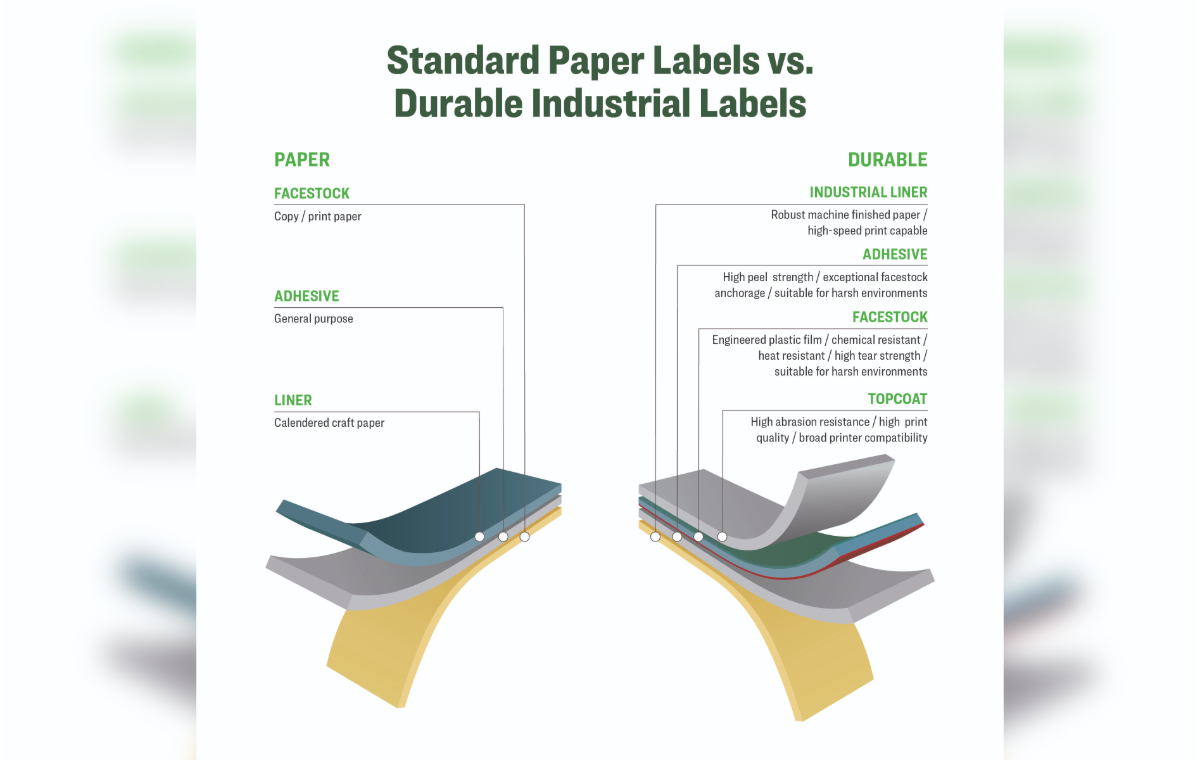In the fast-paced world of warehousing and logistics, where efficiency and precision are paramount, having a robust system in place is crucial. One such indispensable tool that every warehouse should have is an industrial checklist. Often underestimated, this simple yet powerful tool plays a vital role in optimizing operations, enhancing productivity, and ensuring the smooth functioning of a warehouse. In this blog post, we will explore the importance of having an industrial checklist and the benefits it brings to warehouse management.
Organized Workflow
Warehouses are bustling hubs of activity, with multiple tasks and processes happening simultaneously. Without a well-structured system, chaos can quickly ensue. An industrial checklist provides a framework for organizing workflow by outlining specific tasks and their respective timelines. It serves as a roadmap for employees, enabling them to prioritize their responsibilities and maintain a streamlined operation.
Improved Efficiency
Efficiency is the backbone of successful warehouse operations. An industrial checklist ensures that essential tasks are completed promptly and accurately. By systematically checking off each item on the list, employees can maintain focus, minimize errors, and avoid costly delays. This not only saves valuable time but also enhances overall productivity and customer satisfaction.
Quality Control
In a warehouse, quality control is of paramount importance. Without proper checks in place, errors can slip through the cracks, leading to defective products, customer dissatisfaction, and potential financial losses. An industrial checklist acts as a quality control tool, ensuring that each step of the process is thoroughly examined and verified. From receiving and inspecting goods to packaging and shipping, the checklist serves as a reliable guide to guaranteeing consistent product quality.
Safety Compliance
Warehouses are dynamic environments that pose inherent safety risks. Adhering to safety regulations and protocols is essential to protect employees and maintain a secure working environment. An industrial checklist includes safety-related tasks, such as equipment inspections, hazard assessments, and emergency response procedures. By diligently following the checklist, warehouse personnel can mitigate risks, prevent accidents, and foster a safety-first culture.
Accountability and Documentation
Accurate record-keeping is crucial for any warehouse. An industrial checklist provides a tangible record of completed tasks, serving as evidence of compliance, quality control, and operational efficiency. In case of audits or customer inquiries, having a well-documented checklist can provide valuable insights into the warehouse’s performance, instilling confidence and trust in stakeholders.
In the complex world of warehouse management, an industrial checklist acts as a guiding compass, leading the way toward operational excellence. It promotes organization, streamlines workflows, enhances efficiency, ensures quality control, and fosters a culture of safety and accountability. By embracing this invaluable tool, warehouses can optimize their operations, reduce costs, and deliver exceptional service to customers. So, whether you are running a small-scale storage facility or a large-scale distribution center, make the industrial checklist an integral part of your warehouse management strategy, and witness the transformative power it holds.
Avery has provided a sample industrial safety checklist featuring products that are recommended for each section of an audit to help improve workplace safety. Please click here to download it.






